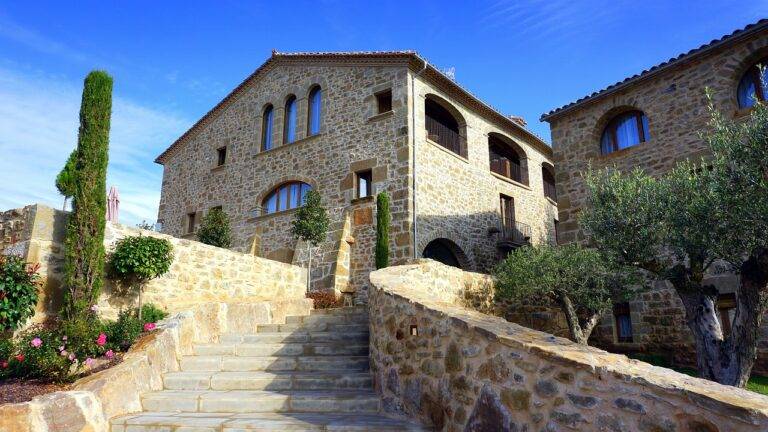The Future of Home Construction: Prefabricated and Modular Homes
In the realm of home construction, technological advancements have revolutionized the way houses are built. From the utilization of 3D printing for creating building materials to the incorporation of smart home systems, technology is transforming the traditional methods of home building. These innovations not only streamline the construction process but also enhance the overall efficiency and sustainability of modern homes.
Moreover, the integration of virtual reality and augmented reality tools in the design phase allows for more precise planning and visualization of home designs. This technology empowers builders and homeowners to make informed decisions and modifications before the actual construction process begins, leading to more personalized and optimized living spaces. The continuous evolution and adoption of new technologies in home building are shaping the future of construction, promising safer, eco-friendly, and cost-effective residential buildings.
Benefits of Prefabricated Homes
Prefabricated homes offer a more streamlined and efficient construction process compared to traditional homes. With the majority of the building components constructed off-site in a factory, the assembly time on-site is significantly reduced. This not only saves time but also minimizes labor costs, making prefabricated homes a cost-effective option for homeowners looking to build a new house.
Additionally, prefabricated homes are known for their energy efficiency and sustainability. The materials used in the construction of these homes are often eco-friendly and energy-efficient, resulting in lower energy bills for the homeowner. Furthermore, the precision in manufacturing and assembly of prefabricated homes leads to less waste generated during the construction process, making them a more environmentally friendly choice for those looking to reduce their carbon footprint.
What are the main technological advancements in home building that have contributed to the rise of prefabricated homes?
Advancements such as 3D printing, modular construction, and improved transportation methods have made prefabricated homes more efficient and cost-effective.
How do prefabricated homes benefit the environment?
Prefabricated homes are often more energy efficient and produce less waste during the construction process, making them a more sustainable housing option.
Are prefabricated homes customizable?
Yes, prefabricated homes can be customized to fit the specific needs and preferences of the homeowner, offering a wide range of design options and finishes.
Do prefabricated homes have a shorter construction time compared to traditional homes?
Yes, prefabricated homes are typically built in a fraction of the time it takes to construct a traditional home, reducing overall construction timelines.
Are prefabricated homes more cost-effective than traditional homes?
In many cases, prefabricated homes can be more cost-effective due to reduced labor and material costs, as well as faster construction timelines.





